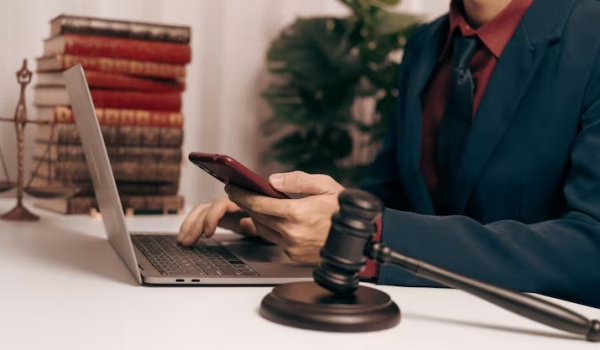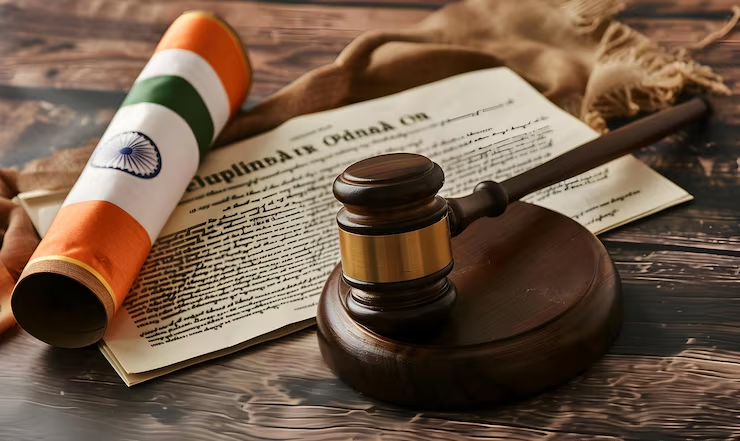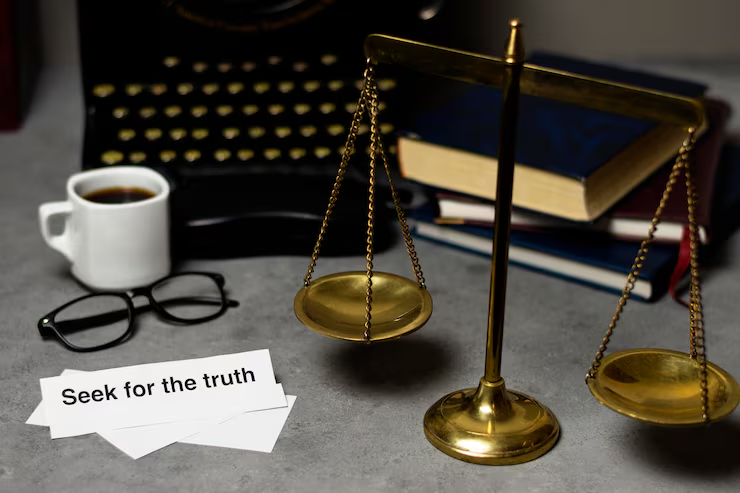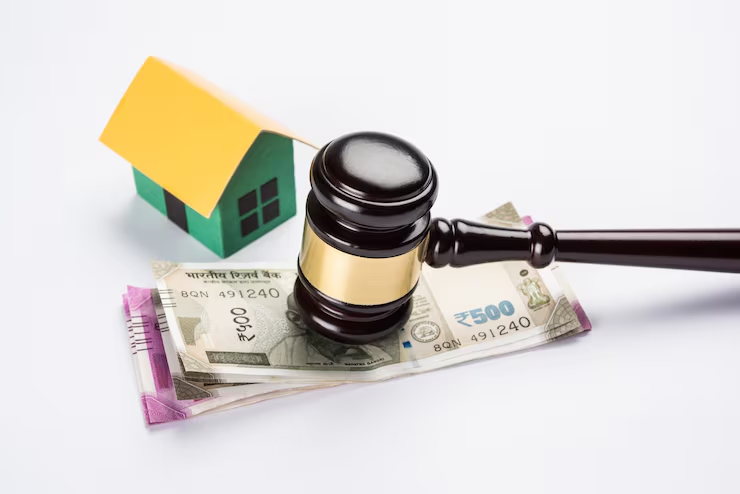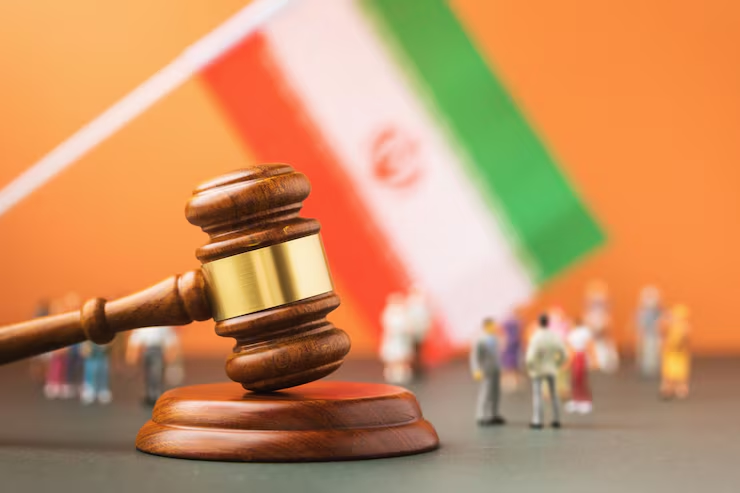In today’s digital-first world, everything we say or share online travels faster than ever before. A tweet posted in seconds can reach millions, a WhatsApp status can spark controversy, and a Facebook comment can become legal evidence. Many people believe that social media is a “personal space” to express their opinion freely, but legally, it is considered a public platform. This means your posts, comments, reels, or even memes can have legal consequences if they violate someone’s rights or break the law.
Why Social Media Is Not Legally “Private”
Even if your account is set to private, screenshots, forwards, or reshares can bring your content into the public domain. Courts in India have repeatedly treated social media posts as public statements and allowed them as evidence in civil and criminal trials.
Common areas where social media posts lead to legal action include:
- Defamation (damaging someone’s reputation)
- Cyberbullying or harassment
- Hate speech or communal disharmony
- Misuse of copyrighted content
- Privacy violations
- Threats or abusive language
- Misinformation or fake news
Real-Life Legal Risks People Don’t Realise
Posting someone’s picture without consent → Privacy violation
Sharing abusive content in a WhatsApp group → Admin can also be liable
Defaming a business on Instagram → Civil and criminal defamation
Trolling or body-shaming → Harassment under IPC
Sharing memes about religion/community → Hate speech case
Your Posts Are Treated as Public Statements
Even if you delete a post later, screenshots and archives can still be used as evidence in court. The law doesn’t consider “I posted it casually” or “I deleted it” as a valid defense.
Defamation: When a Post Can Become a Crime
If you post something that can harm another person’s image or reputation without proof, it may be considered defamation, which is both a civil and criminal offense in India (Sections 499 & 500 IPC).
Privacy Violations & Personal Data Sharing
Uploading someone’s picture, chat screenshot, private video, or personal details without permission can lead to privacy lawsuits.
Under the Information Technology Act, 2000, unauthorized sharing of personal content is punishable.
Spreading Misinformation & Fake News
Forwarded or reshared content can also attract legal action if it leads to:
- Public unrest
- Damage to reputation
- Misleading medical or financial claims
- Influencers and brand pages face stricter liability due to their extensive reach.
Copyright & Content Theft
Using someone else’s image, logo, design, or written content without permission can lead to copyright infringement cases. This applies to:
- Reposting someone’s photo without credit
- Using songs in reels without a license
- Copying written content for a page or blog
Employer & Professional Liability
Many companies now check employees’ social media behavior. Offensive posts can lead to:
- Termination from the job
- Professional misconduct inquiry
- Contract suspension
- Your online behavior today reflects your professional identity.
“I Didn’t Know” Is Not a Legal Defense
Indian law considers “ignorance of the law” as no excuse. Whether you posted intentionally or jokingly, you are responsible for its impact.
Tips to Stay Legally Safe on Social Media
Think before you post
Don’t share unverified information
Take consent before uploading private content
Avoid defamatory remarks
Respect copyrights
Maintain digital etiquette
Keep personal disputes offline
How to Stay Safe and Responsible Online
- Think before you post—once online, always online
- Avoid abusive or defamatory comments
- Cross-check information before sharing
- Respect privacy—don’t share personal screenshots
- Don’t forward hateful or provocative content
- Be extra careful during elections or sensitive news
Conclusion
Social media is powerful—it can build reputations, but it can also break them. The law does not treat your online speech as “casual.” Whether intentional or accidental, your words can carry legal consequences.
Responsible posting protects not just your online image but also your legal safety.

